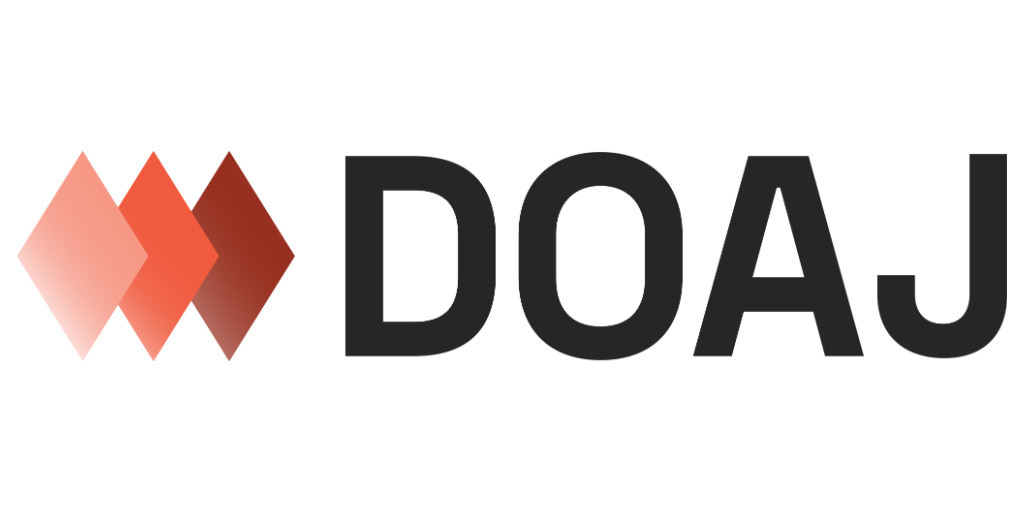Escape rooms: A new offer in the recreation sector in Poland
DOI:
https://doi.org/10.1515/tour-2016-0003Keywords:
leisure time, forms of recreation, escape rooms, experience economyAbstract
Globalization leaves its footprint on the leisure market contributing to the global popularization of brand new forms of recreation. A perfect example of such instant diffusion of innovation on a global scale is the rapid development of escape rooms. The aim of the article is to try and explain the extraordinary popularity of escape rooms in Poland, mainly through an analysis of what they offer. The author presents the origins and development of this particular form of recreation, discusses the location of nearly 600 facilities functioning in 2016, as well as giving a detailed description of escape rooms in the ten large Polish cities. The study leads to the conclusion that the phenomenon of escape rooms stems from, among other things, the fundamental assumptions of the experience economy.
Downloads
References
FRENCH S., SHAW J.M., 2015, The unbelievably lucrative business of escape rooms, Market Watch, http://www.marketwatch.com/story/the-weird-new-world-of-escape-room-businesses-2015-07-20; 21.07.2015.
Google Scholar
KOWALIK A., 2015, Ucieczka do pieniędzy – escape-roomy podbijają Polskę, „Pierwszy Milion”, 4, http://pierwszymilion.forbes.pl/escape-roomy-podbijaja-polske,artykuly,191344,1,4.html.
Google Scholar
LASALLE D., BRITTON T.A., 2003, Priceless. Turning ordinary products into extraordinary experience, Harvard Business School Press, Boston, Massachusetts.
Google Scholar
MOKRAS-GRABOWSKA J., 2015, Czas wolny w dobie postmodernizmu, Folia Turistica, 34, pp. 11-30.
Google Scholar
NICHOLSON S., 2015, Peeking behind the locked door: A survey of escape room facilities, White Paper available at http://scott nicholson.com/pubs/erfacwhite.pdf.
Google Scholar
NIEZGODA A., 2014, Czas wolny a zmiany na rynku turystycznym, [in:] Przeszłość, teraźniejszość i przyszłość turystyki, B. Krakowiak, J. Latosińska (eds.), ser. „Warsztaty z Geografii Turyzmu”, 5, Wyd. Uniwersytetu Łódzkiego, Łódź, pp. 101-112.
Google Scholar
PINE B. J., GILMORE J.H., 1999, The Experience Economy: Work Is Theater & Every Business a Stage, Harvard. Real-life escape games offer respite from daily stresses, South China Morning Post, http://www.scmp.com/news/hongkong/article/1148918/real-life-escape-games-offer-respitedaily-stresses; 13.02.2013.
Google Scholar
Real-life escape games offer respite from daily stresses, South China Morning Post, http://www.scmp.com/news/hongkong/article/1148918/real-life-escape-games-offer-respitedaily-stresses; 13.02.2013.
Google Scholar
SAKOSIK K., 2015, Top 6 łódzkich escape roomów. Sprawdź, co to takiego, Gazeta Łódzka, http://lodz.wyborcza.pl/lodz/1,35153,19287493,top-6-lodzkich-escape-roomow-sprawdzco-to-takiego.html#ixzz45EbBAB6n; 03.12.2015.
Google Scholar
SKOWRONEK I., 2012, Marketing doświadczeń. Od doświadczenia klienta do wizerunku firmy, Wyd. Poltext, Warszawa, 286 pp.
Google Scholar
WEIERMAIR K., MATHIES CH. (eds.), 2004, The Tourism and Leisure Industry: Shaping the Future, Haworth Press, London, 357 pp.
Google Scholar
http://escaperooms.pl; 13.05.2016.
Google Scholar
http://exitroom.pl; 13.05.2016.
Google Scholar
http://room-busters.blogspot.com; 13.05.2016.
Google Scholar
http://sirlock.pl; 13.05.2016.
Google Scholar
http://tkalniazagadek.pl; 13.05.2016.
Google Scholar
https://en.wikipedia.org/wiki/Escape_room; 13.05.2016.
Google Scholar
https://en.wikipedia.org/wiki/Race_to_Escape; 13.05.2016.
Google Scholar
https://lockme.pl; 13.05.2016.
Google Scholar
https://pl.wikipedia.org/wiki/Gra_fabularna.
Google Scholar
www.letmeout.pl; 13.05.2016.
Google Scholar
Downloads
Published
How to Cite
Issue
Section
License

This work is licensed under a Creative Commons Attribution-NonCommercial-NoDerivatives 4.0 International License.










